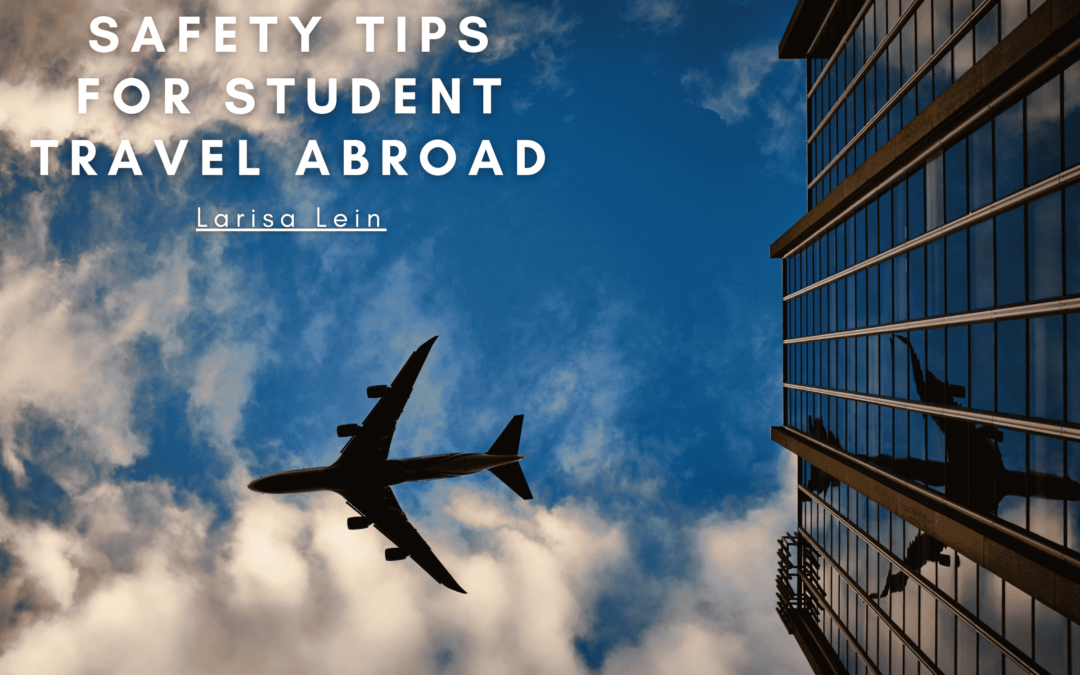Many college students are getting ready to study abroad. If they decide to go, make sure they consider their safety concerns. Follow some of the same safety tips when it comes to traveling abroad. Be aware of what’s around you, and avoid getting lost. Also, make sure to keep track of your valuables and drink responsibly.
Get Registered With State Department
By signing up for a traveling program, students can receive important notifications about their destinations and travel plans. It also helps the embassy reach out to them in case of an emergency. Students should also have the phone number of the embassy or consulate in the country they are visiting readily available.
Know The Language
Most students are not yet fluent in their host country’s language. However, it is beneficial to at least learn some basic words and phrases before leaving. You may also want to have a translation application downloaded on your phone to help.
Keep Wallet Safe
Students should be aware that pickpockets can easily target tourists in busy areas. It is suggested that students make a copy of their driver’s license, passport, credit cards and airline tickets. The FBI suggests keeping your passport on you while traveling because American passport theft is rising.
Be Careful With Public Transportation
Before traveling, ask for the prices of official buses and taxis. Make sure to agree with a ride’s fare before getting into the car. Some countries are lax with their transportation regulations. Lyft and Uber operate around the world and are good options to consider.
Study Laws and Rules Of Hosting Country
Knowing the laws about the country you are visiting can help prevent potential violations. Is it illegal to take photos in public places, such as government buildings? Do vehicles drive on the left or right side of the road? For left-handed pedestrians, practice looking both ways before crossing a street. It is a good idea to show deference to the officials when it comes to cultural norms. If possible, stay away from protests and demonstrators.
Be Prepared For Emergencies
Health insurance can cover expenses for medical issues abroad, but it should also include medical evacuation. Always check your policy before leaving. Also, share your itinerary with someone you trust. For some programs, it is required that students inform others about their trips outside the country.

